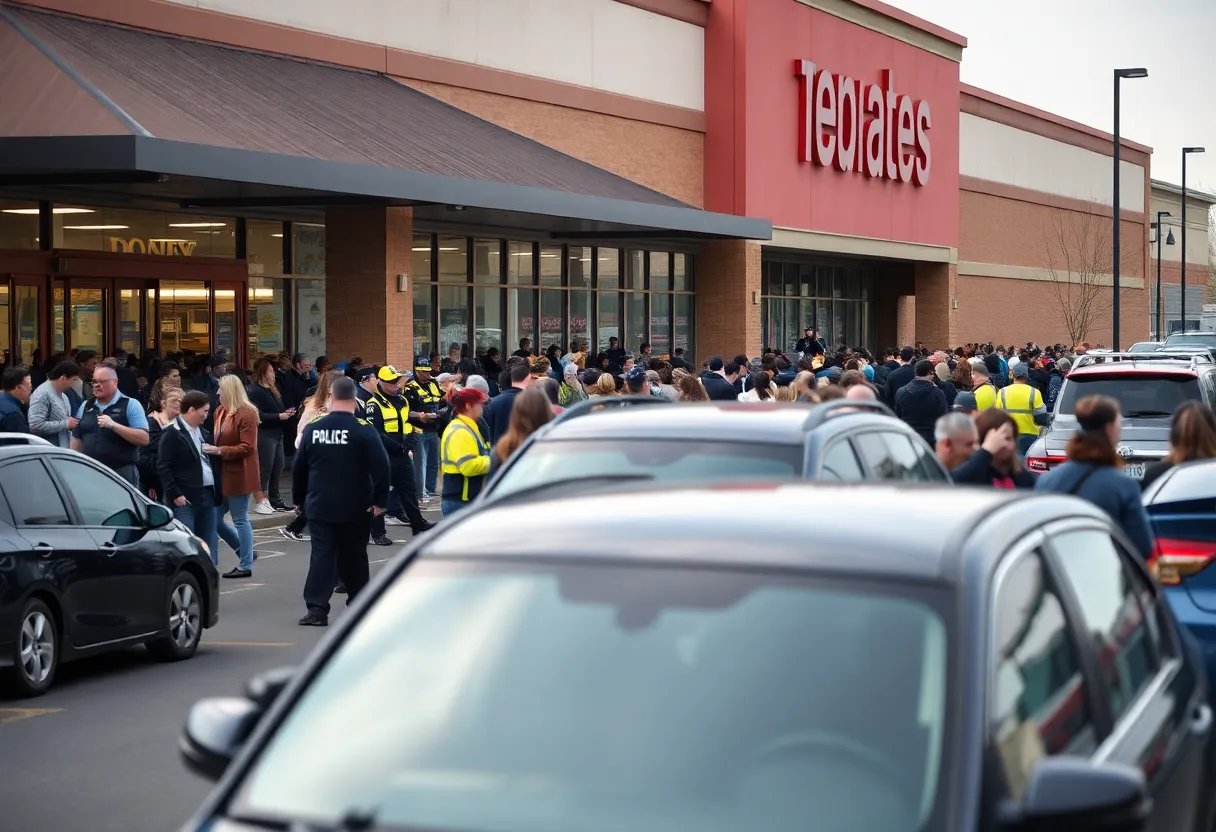News Summary
Austin is witnessing a troubling surge in mortality rates among its unhoused population, with over 1,000 deaths reported between 2018 and 2023. A recent study reveals that many are dying at an average age of just 50 years, significantly lower than stable housing residents. Key causes include overdoses and cardiovascular diseases, highlighting critical gaps in healthcare and shelter availability. Advocates are calling for immediate action to enhance housing solutions and support services to prevent further loss of life.
Alarming Rise in Unhoused Mortality Rates in Austin
Austin is facing a troubling reality as new data reveals a significant increase in mortality rates among its unhoused population. According to a recent report published by the Ending Community Homelessness Coalition, titled “Bridging for Better Outcomes,” more than 1,000 unhoused individuals have died in the city between the years 2018 and 2023. That’s a staggering number that has raised alarm bells among local advocacy groups and health officials alike.
A Shocking Average Age of Death
What’s particularly heart-wrenching is that the average age at which these individuals died is just 50 years old. This is a stark contrast to the average life expectancy of those living in stable housing, which is about 70 years. The grim statistics show that the mortality rates are climbing, with monthly deaths among the unhoused rising from an average of 7 in 2018 to an alarming 22 in 2023. It’s a clear sign that something needs to be done, and fast.
Men Versus Women: A Disparity in Outcomes
In this heart-wrenching trend, men made up a staggering 82.5% of the deaths recorded. Women, however, faced even bleaker outcomes, with their average age of death being only 46 years. This difference highlights the urgent need for targeted interventions for women in this vulnerable group.
Leading Causes of Death
The report identifies the leading causes of death among the unhoused in Austin as overdoses, transportation accidents, and cardiovascular disease. Overdoses were particularly troubling, with at least 223 deaths attributed to methamphetamine overdoses and 119 cases linked to fentanyl. For context, only 10 overdose deaths were solely connected to fentanyl. The numbers reveal a critical need for better substance use treatment options and intervention strategies for this population.
Where Did These Deaths Occur?
Even more startling is where many of these deaths took place. Less than half, only 47%, of the deceased individuals were in hospitals at their time of death. Many lost their lives in tents, parks, motels, or even on the streets, which brings the issue back home and highlights the urgent need for safe and accessible shelter options.
The Financial Impact
The financial burden of these deaths on the community is considerable. In the year before their deaths, a staggering 364 individuals racked up a total of $11.1 million in expenses related to emergency medical services and hospitalizations. This amount could have funded 81% of the costs needed for permanent supportive housing services and rent for the same group of individuals. It’s a cycle that not only costs lives but also drains local resources.
Permanent Housing Solutions
Transitioning from being unhoused to having a permanent home can dramatically improve life expectancy; those who find stable housing can experience a median increase of 9.5 years in their lifespan. Yet, alarmingly, only 6% of those who died had even accessed a shelter bed within the six months leading up to their deaths.
Recommendations for Change
To address these alarming statistics, the report emphasizes the need for expanded initiatives aimed at creating permanent housing solutions and increasing access to substance abuse treatments. Introducing integrated medical triage teams could also help significantly through early intervention. Suggestions for improving access include better tracking systems for low-barrier shelters and clearer entry processes to make it easier for individuals to access help when they need it most.
Bridging the Gaps
Experts suggest that leveraging existing city and county resources can help bridge the gaps in mortality rates. The potential for statewide Medicaid expansion would contribute significantly to funding the wraparound services necessary for those in permanent supportive housing, alleviating local funding burdens in the process.
A Long-Term Vision
Looking forward, the Ending Community Homelessness Coalition has put forth an ambitious 10-year, $350 million plan aimed at effectively ending homelessness in Austin. The recent report is a groundbreaking study that blends mortality data with housing and healthcare information to sharpen preventative measures against homelessness-related deaths. It’s a pivotal moment for Austin, and the community is calling for action to ensure that no more lives are lost to this preventable crisis.
Deeper Dive: News & Info About This Topic
HERE Resources
Additional Resources
- Austin Monitor
- Wikipedia: Homelessness
- KVUE
- Google Search: Homeless Mortality Austin
- MSN News
- Google Scholar: Homeless Deaths
- Houston Chronicle
- Encyclopedia Britannica: Homeless Mortality
- Houston Chronicle
- Google News: Homeless Accidents Texas

Author: STAFF HERE AUSTIN WRITER
AUSTIN STAFF WRITER The AUSTIN STAFF WRITER represents the experienced team at HEREAustinTX.com, your go-to source for actionable local news and information in Austin, Travis County, and beyond. Specializing in "news you can use," we cover essential topics like product reviews for personal and business needs, local business directories, politics, real estate trends, neighborhood insights, and state news affecting the area—with deep expertise drawn from years of dedicated reporting and strong community input, including local press releases and business updates. We deliver top reporting on high-value events such as SXSW, Austin City Limits Music Festival, Formula 1 United States Grand Prix, and the Austin Film Festival. Our coverage extends to key organizations like the Greater Austin Chamber of Commerce and Visit Austin, plus leading businesses in technology, automotive, and retail that power the local economy such as Dell Technologies, Tesla, and Apple. As part of the broader HERE network, including HERECollegeStation.com, HEREDallas.com, HEREHouston.com, and HERESanAntonio.com, we provide comprehensive, credible insights into Texas's dynamic landscape.





